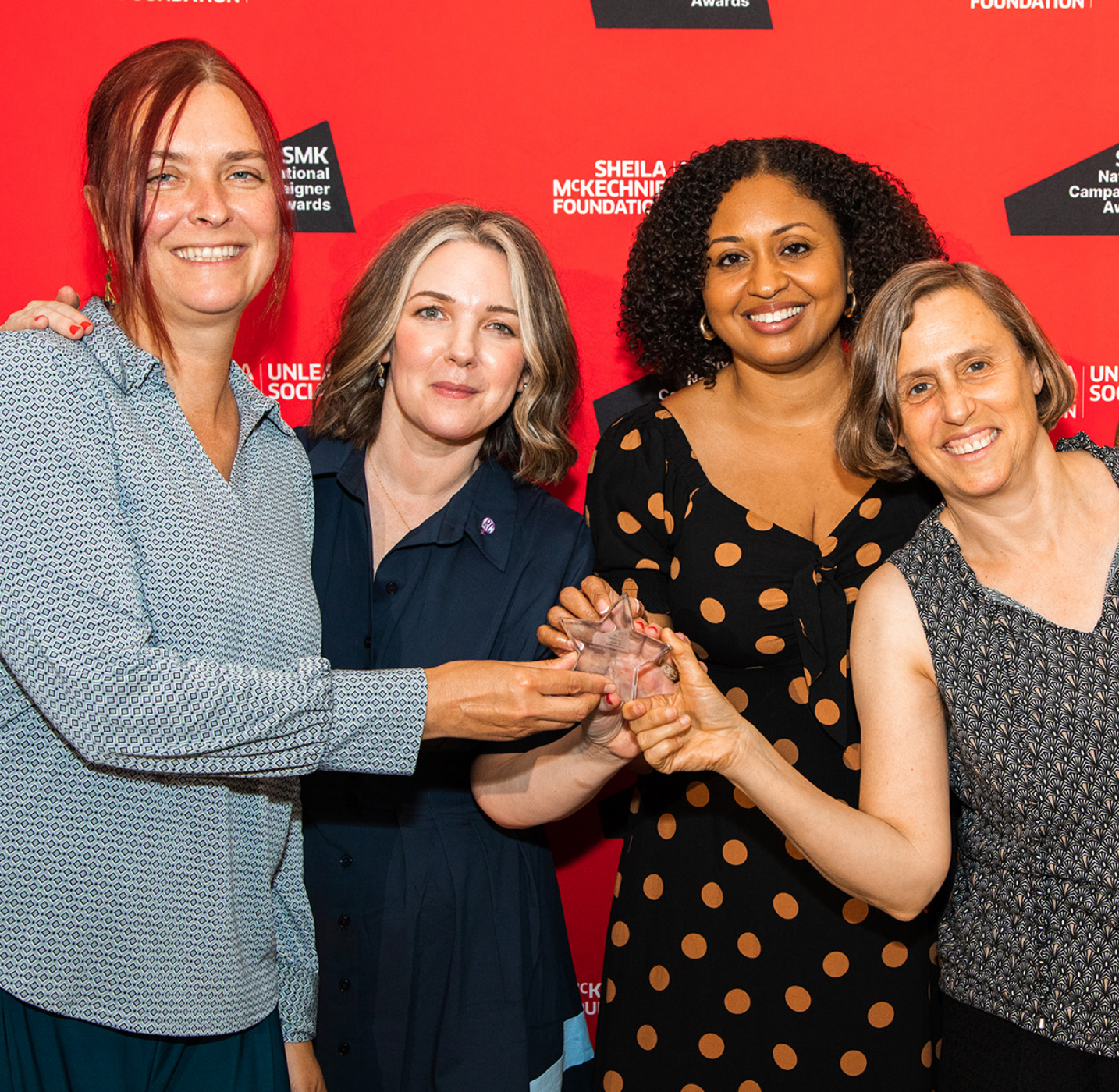 15 Jan
15 Jan
Today (11th July 2025) a parliamentary committee has raised the alarm about the government’s fragmented, short-term approach to funding work to end violence against women and girls (VAWG) – jeopardising its own mission to halve VAWG in a decade.
The Home Affairs Committee’s report finds that despite VAWG remaining a widespread and escalating problem, accounting for 20% of all recorded crime in 2022–2023, there are major concerns regarding the government’s approach to funding vital frontline work, prevention and cross-departmental collaboration, which puts its ambition at risk.
Funding crisis
In today’s report, the committee states that to continue to be at the forefront of tackling VAWG, there is more that can and must be done in the UK, and that “funding is at the heart of the response”.
However, a lack of a coordinated approach across government has created a system of short-term, bid-based funding which creates financial instability and structurally disadvantages smaller services, particularly those led ‘by and for’ Black, minoritised and marginalised women which are best placed to provide specialist services to the communities they serve.
Short-term funding cycles prevent long-term planning, disrupt staffing, and limit the ability to evaluate services. The committee calls for a shift to three to five year funding cycles as an essential way to provide stability and improve outcomes for victims and survivors.
The committee notes that ‘by and for’ services are essential but face systemic barriers to funding, recommending a national ringfenced fund with a simplified application process – reflecting a key, longstanding call from the specialist VAWG sector.
Mirroring what ‘by and for’ organisations have long called out, the committee also finds that current approaches to determining value for money skew funding decisions in favour of larger service providers, and that greater emphasis should be placed on the impact of services on people’s lives, rather than simply numbers.
The committee challenges the competitive nature of VAWG funding, which places a heavy burden on services, particularly smaller, specialist organisations, which often lack the capacity to navigate complex bidding processes – undermining service delivery and contributing to the financial crisis facing the VAWG sector.
The committee is clear that awarding contracts largely based on value for money criteria is appropriate for commercial contracts, but “tackling VAWG is not a commercial operation”. This reflects a longstanding recommendation from VAWG organisations to put an end to competitive tendering.
Lack of focus on prevention
The committee also flagged that the government will only meet its target to halve VAWG if there is a greater focus on prevention – something the End Violence Against Women Coalition and other expert VAWG organisations have long made clear.
Noting that prevention is critical to reducing VAWG in the long term, the committee recommends the government partner with universities and the third sector to build the evidence base for effective prevention and ringfence funding for this work in future spending reviews.
The End Violence Against Women Coalition submitted written evidence to the Home Affairs Committee based on consultation with its members. We welcome the committee’s findings which build on a slew of recent evidence from the National Audit Office and Public Accounts Committee, and echo long-standing concerns held by expert VAWG organisations.
The government must now heed these committees’ calls and set up long-term, ring-fenced funding for prevention work and for specialist services, with funding specifically allocated for specialist ‘by and for’ services. This funding must be sustained and adequate to meet the growing demands on the specialist VAWG sector.
The committee’s recommendations for 3-5 year funding, and ring-fenced funding for specialist ‘by and for’ organisations, must now be outlined in the forthcoming VAWG strategy.
Andrea Simon, Director of the End Violence Against Women Coalition (EVAW), said:
“We welcome the committee’s findings and the strength of urgency in its calls to reform commissioning and funding processes for specialist VAWG services.
This latest report comes following a spending review that didn’t mention the mission to halve violence against women and at a time when the lack of government funding has seen life-saving specialist support services for victims and survivors of sexual violence and domestic abuse forced to reduce their service provision or even close down completely, while demand for their support is growing.
This report’s findings call into question how cross-departmental the mission to halve VAWG really is. With other expert VAWG organisations, we set out a framework for delivery of this work and for accountability across government.
The committee echoes our call for greater focus on work to prevent VAWG, including in educational settings, and ensuring a strategic approach to cross-government resourcing of its mission to halve violence against women and girls.
The evidence is loud and clear. Any government serious about such a mission must listen and act swiftly to address the root causes of violence against women and ensure all survivors’ needs are being met.”
ENDS
Media contact
Sinead Geoghegan, Head of Communications, media@evaw.org.uk
Recommended ARTICLES
 15 Jan
15 Jan
 12 Jan
12 Jan
 19 Dec
19 Dec

